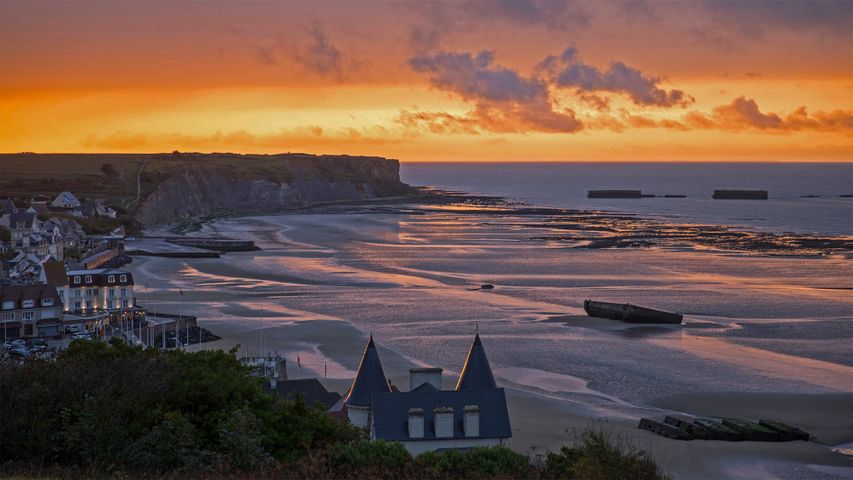Remains of the Mulberry harbour from the D-Day invasion at Arromanches, Normandy, France
© Javier Gil/Alam
A bulwark of liberation. Engineering an artificial harbour in Normandy
For the 75th anniversary of D-Day, the beginning of the end of World War Two, we’re focusing on the remains of the Mulberry harbours – one of the most impressive military engineering feats of the war. Knowing that the ability to land huge numbers of men, vehicles and supplies would be crucial to the Allies’ success of the invasion of Normandy, Winston Churchill challenged his forces to come up with an artificial harbour that could be towed into place and operational within days of the initial landings. Over 40,000 men were involved in the creation of two harbours that were installed at Omaha and Gold beaches beginning on 9 June 1944, and which were completed just six days later.
The harbours included breakwaters comprised of sunken decommissioned ships, pre-built concrete caissons, 33 jetties and over 10 miles of roadways. A violent storm on 19 June destroyed the harbour at Omaha beach, but Mulberry B, at Arromanches, survived, and by the time it was abandoned six months later it had landed 2.5 million men, 500,000 vehicles and four million tonnes of supplies into northern France.
Related Images
Bing Today Images

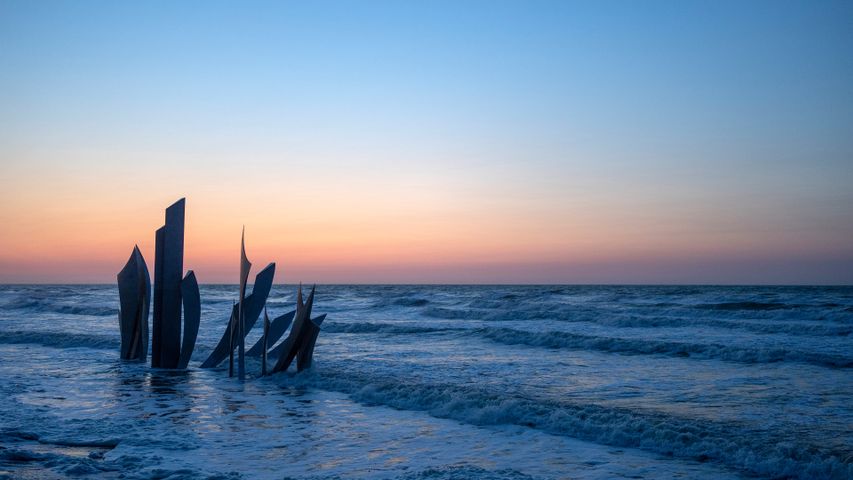
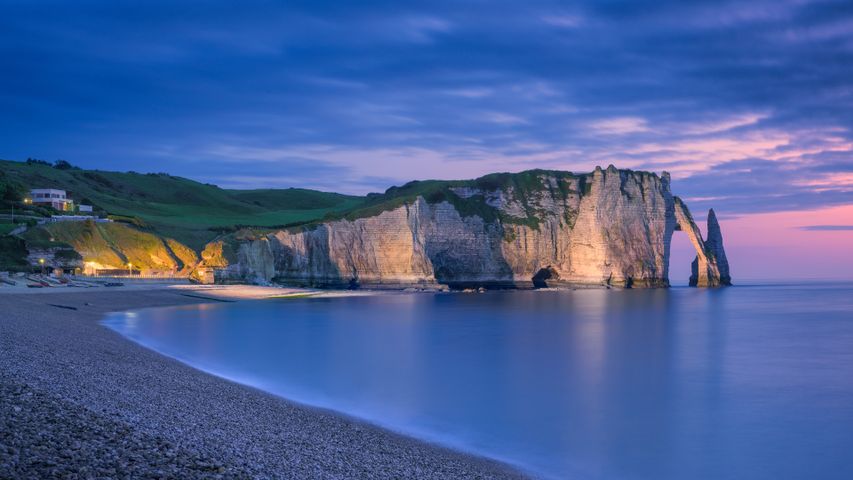
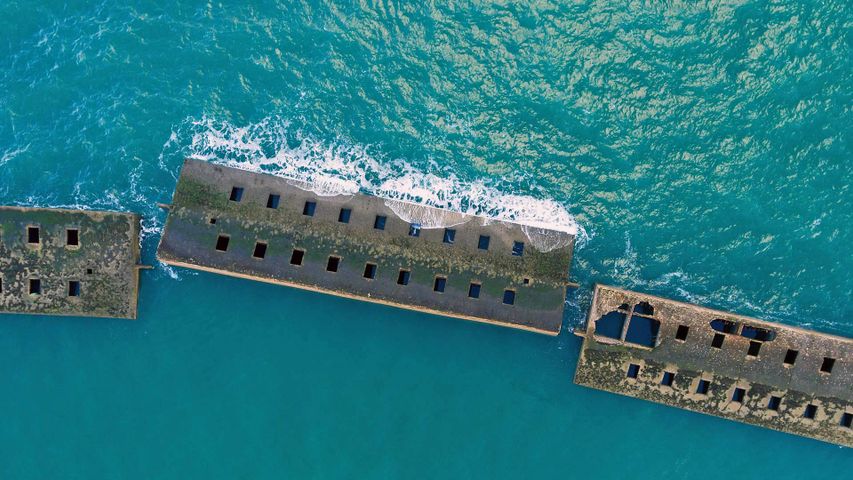
 Porto, Portugal
Porto, Portugal
 Lake Bled, Slovenia
Lake Bled, Slovenia
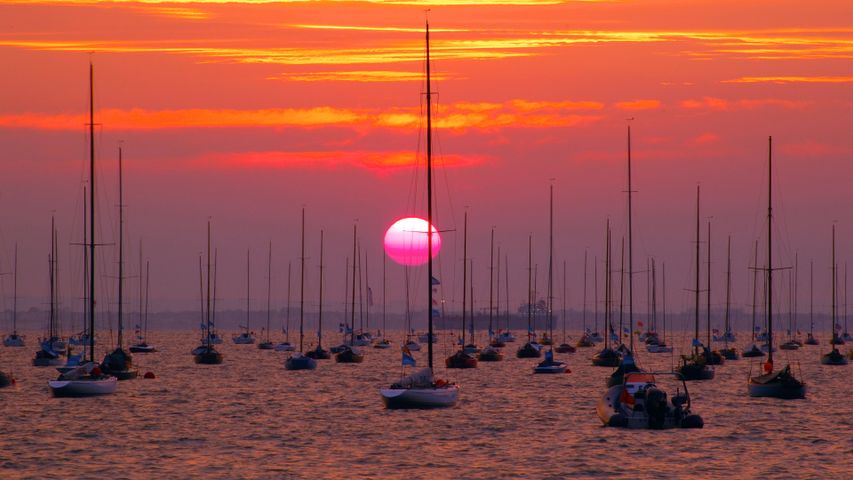 Cowes Harbour, Cowes, Isle of Wight, England
Cowes Harbour, Cowes, Isle of Wight, England
 Pont Neuf over the Seine, Paris, France
Pont Neuf over the Seine, Paris, France
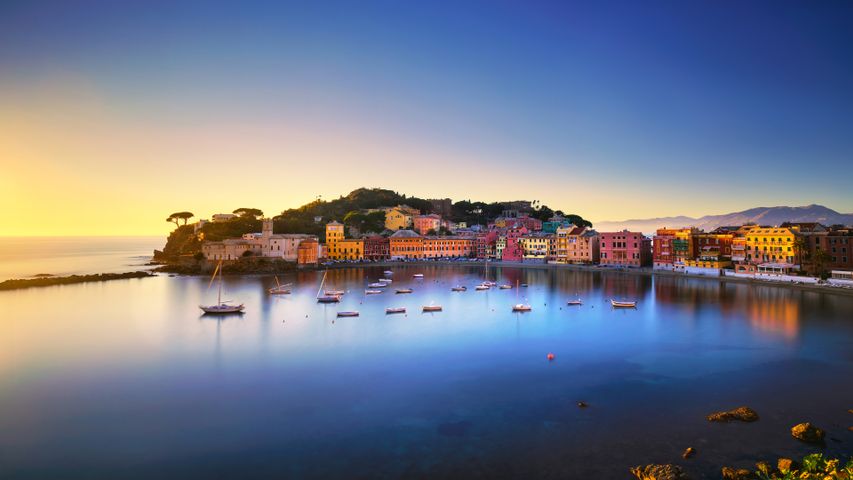 Baia del Silenzio in Sestri Levante, Liguria, Italy
Baia del Silenzio in Sestri Levante, Liguria, Italy
 View of Château d'If in the port of Marseille, France
View of Château d'If in the port of Marseille, France
 Container ship near a commercial port in Thailand
Container ship near a commercial port in Thailand

